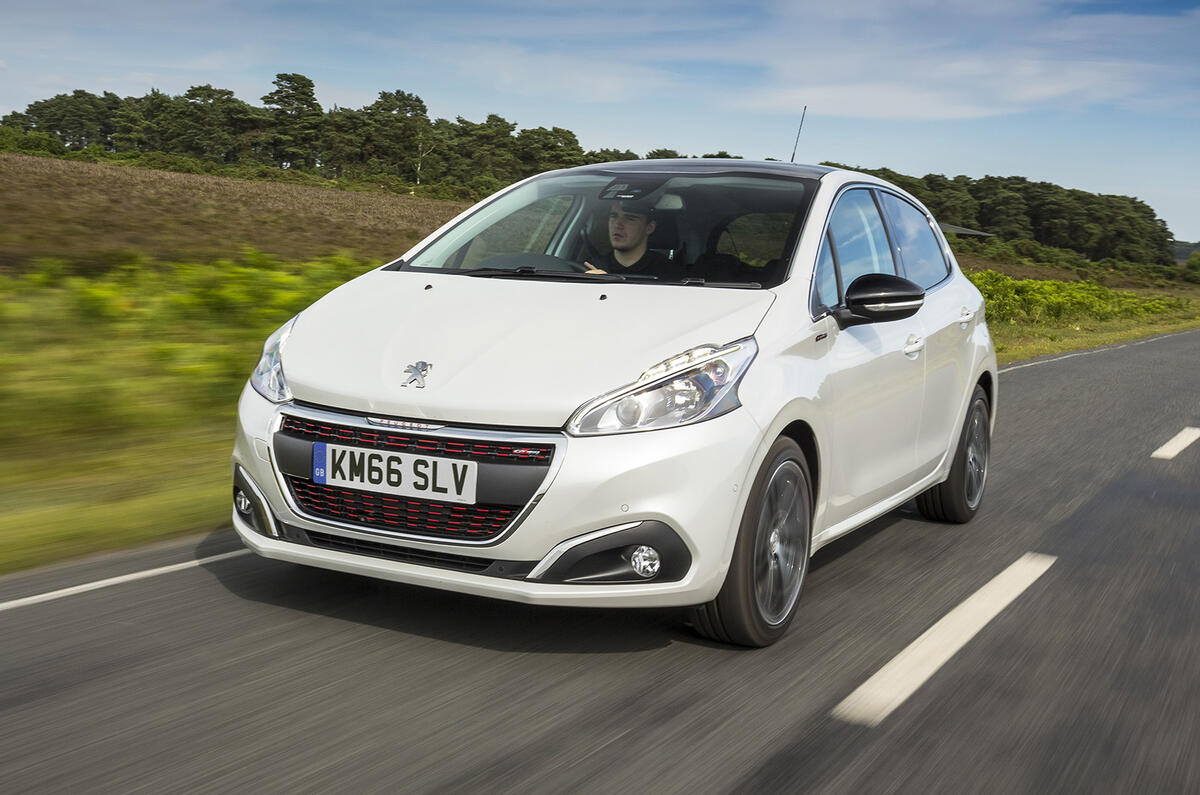The electric version of the next-generation Peugeot 208, due next year, will not get its own bespoke look, the company’s design boss, Gilles Vidal, has told Autocar.
Vidal said the new electric supermini will receive very few modifications, such as a flat front grille and some EV-specific submenus in its infotainment system.
“We do not need to shout about the fact that this car is the electric version,” he said. “The powertrain will complement the [rest of the] 208 range, rather than become its own version.”
Peugeot’s owner, the PSA Group, and its Chinese joint-venture partner, Dongfeng, have developed an EV-specific version of the Common Modular Platform (CMP) that will underpin the new 208. The so-called e-CMP architecture will be the basis for many of PSA’s planned EVs. Vidal didn’t believe that establishing an electric vehicle sub-brand under a different name, as Volkswagen is doing with its forthcoming ID range of cars, is something that would work for Peugeot.
“We have no intention of launching a [stand-alone] electric brand for now,” he said. “For us, the [e-CMP] platform means the cars can take several powertrains as part of our plan [to offer an electric version of each model by 2025].”
Vidal admitted that the design and technical challenges of creating a 208 with an electric powertrain are influencing the development of the rest of the model range due to the fact that “noises you wouldn’t normally hear” are audible in the EV.
“The sound of the gearbox and the tyre noise are more noticeable, so we’ve worked hard to lower those sounds on the 208,” he said.
Read more
Peugeot to unveil 'radical' concept at 2018 Paris motor show
2018 Peugeot 508 starts from £25,000
Peugeot 508 GT to come with high-output all-wheel drive hybrid system




Join the debate
Add your comment
EVs need to be bespoke
To fully realise the advantages of electric power, EVs need to be different from combustion cars. They have different packaging and aerodynamic needs, different NVH, safety requirements and tend to be heavier. Adaptations are at best a compromise. The fact that our earliest cars were adaptations of the horse and cart, without the horse, illustrates that a clean sheet approach is best. And maybe this is one of the reasons why EVs like the Tesla, the Nissan Leaf and the BMW i3 have been more successful than others.